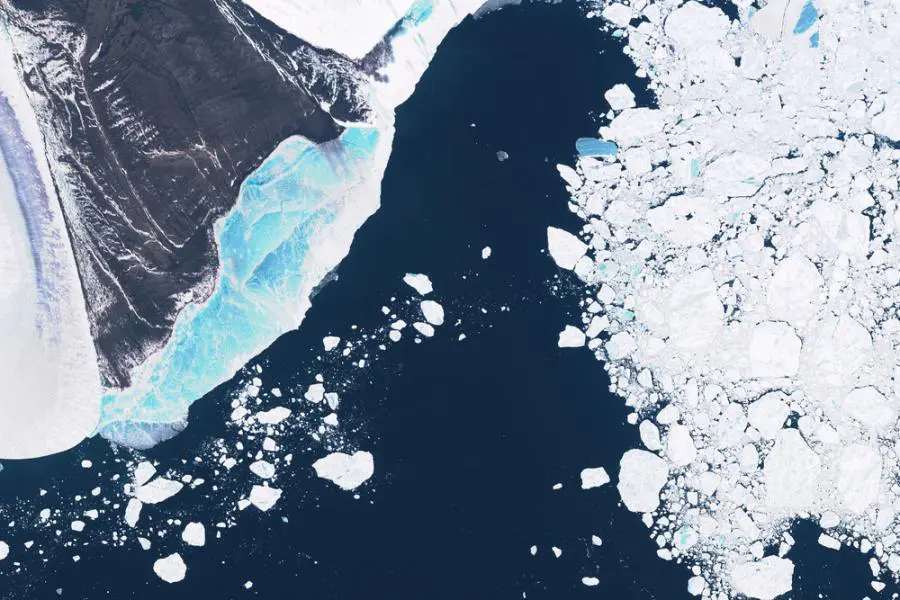Ice losses occur in 2 ways: direct melting and tearing off icebergs
The Greenland ice sheet has lost more ice in the summer than it has accumulated during the winter season for the 25th consecutive year, according to the Washington Post.
The net total loss was 166 gigatons of ice from September 2020 to August 2021.
The material continues: “This year, scientists have estimated that about 500 gigatons have been lost due to icebergs and melting – the highest in 35 years of satellite observations.
Scientists say they are worried about the future of the ice sheet. NASA’s Josh Willis said: “With each decade warmer than the last, breaking records is the new norm.
New Scientist, meanwhile, published a new study, citing Nature Communications, which found that trees “lower the temperature of the earth’s surface by up to 12C.” Researchers have used satellite data from nearly 300 European cities to measure earth’s surface temperature, the article explains. According to the material, “the cooling provided by green areas without trees is insignificant.”
As extreme heat becomes more prevalent in cities, Jihua Wang of Arizona State University told New Scientist that “[this study] provides important guidance for urban gardeners to implement urban trees as an effective strategy to reduce urban heat.” .
Albatrosses “divorce” more often because of the heat
Apart from that, higher water temperatures as a result of climate change are stressing albatrosses, the Guardian reports.
The authors of a study by the Royal Society have found that in years with unusually warm water temperatures, the divorce rate of albatrosses increases from the usual 1-3% to up to 8%.
One of the authors, Francesco Ventura, told the newspaper that one of the reasons for this was the “hypothesis of blaming partners”: female albatrosses blame their partners for the higher levels of stress caused by the harsher environment.







